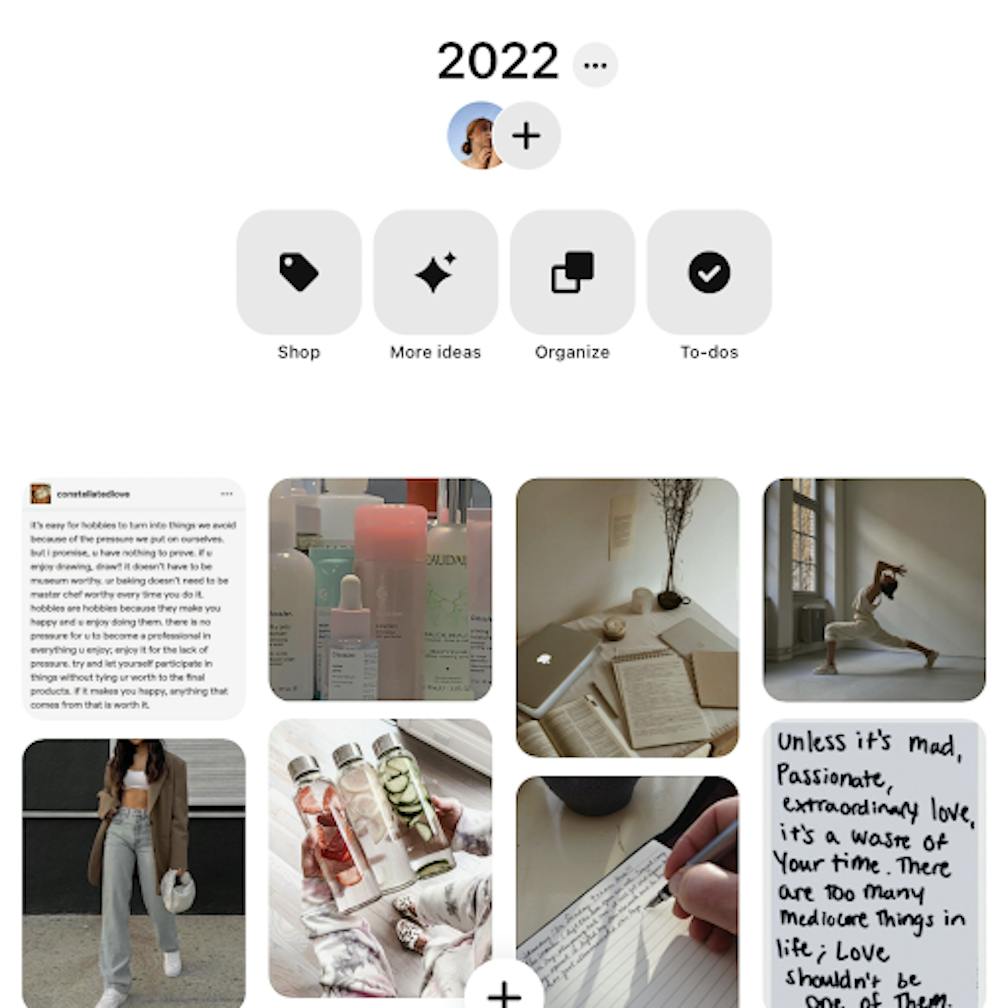“New year, new me,” is a phrase commonly said around New Year's Eve. It symbolizes a time to reflect on yourself and prepare to have the best year of your life. For students, however, January is smack in the middle of a school year and not the most opportune time for a big change.
The transition between summer and autumn, on the other hand, is the perfect time. With the summer season ending and fall beginning, it presents the perfect opportunity to reflect and make any improvements to character that you see fit as a new school semester approaches. It’s time to prepare for the parts of the school year that are more than just school work, and recognize how college overall is just as much a time for personal growth as it is for academics.
Balance Free Time and Productivity
With so much free time during this period of transition, it can also feel like time is dwindling as classes move forward from syllabus week. It is important to find balance between tying up the loose ends of the summer and beginning anew with studies. Although a lot of spare time is provided during these weeks, that availability can propose different struggles as well. One might find themselves with too many things on their agenda that they want to get done. Others may not know where to start with managing their free time in the first place. To tackle this dilemma, it’s best to find what things you want to prioritize and focus on completing those before all else, and there’s more than one way to do so.
Create Structure
No matter how you decide to spend your time, the key to managing your availability is finding balance so you don’t spend too much time doing nothing or spend it so stressed about upcoming academics that it’s like school never ended in the first place.
Of course, there is a time and place for nights in, as every person is different and enjoys different things. A way to combat a slump, however, is to come up with a few different goals you want to achieve. Compile a list of things you want to get done the most and set your focus on completing those first; this way it won’t be overwhelming trying to balance everything you want to accomplish. This system of management not only helps to break down your to-do list, but also sets up a timeline to ensure your due dates are achieved as well.
Prioritizing Energy
Something else to consider when choosing your goals is what type of activities are relaxing to you and what activities bring you energy rather than drain it. The transition to college isn’t meant to induce stress, and every person has different needs and sees relaxation differently.
If you're the type to get energized around others, prioritize outings with friends or family. This will ensure you get time with loved ones in case classes take that time away. With the nice weather there are plenty of activities you can plan. Picnics are easy, COVID-19 friendly and can be as extravagant or casual as you want. On the other hand, if you prefer to spend free time alone to destress, but still don’t want to do nothing, you can read a new book or explore more artistic passions. This way your mind is taken away from busy schedules and focused on something enjoyable.
For freshmen starting their academic journey, it can be difficult to balance home life with college life, especially in the social sense, as it can be easy to focus on college while on campus and totally ignore home and vice versa. But balance should be a priority not an afterthought — “new year, new me” doesn’t have to mean starting completely new and erasing the old. It’s possible to be the same person you were before while still improving oneself and look forward to a period of growth in your new environment.
Vision Boards
Another tool you can utilize to stay mindful is to create a vision board. How do you see your year going? It could be online using Pinterest or a fun activity to implement into your bedroom. Visualizing your goals is only the first step. Setting deadlines or just reminding yourself of what you want to achieve is the best motivator to make sure your plans don’t just live in your head.
Although productivity does not always equate to academic achievement, deciding which creative endeavors to take on can create just as much stress. Simply taking the time to reflect on your past school year and take advantage of this free time before the next is a healthy accomplishment all on its own. Students are everywhere and come in all shapes and sizes. Therefore, the most important thing to consider when planning out your freetime is to prioritize yourself and what you need to do to stay relaxed and ready for the year to come.





